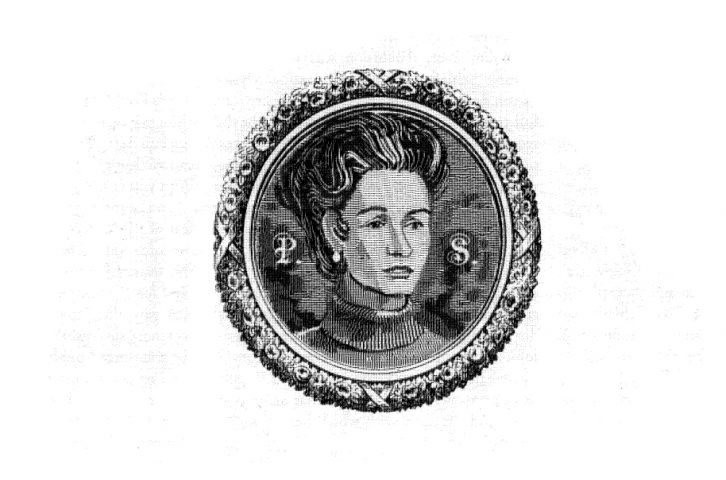Books Reviewed
The “originalism movement” is one of the major developments in American law in the past generation. In 1982, law students at Yale University and the University of Chicago established the Federalist Society, whose mission statement paraphrases John Marshall’s axiom, inherited from Publius, that “it is emphatically the province and duty of the judiciary to say what the law is, not what it should be.” In 1985, President Ronald Reagan and Attorney General Edwin Meese launched a controversial public campaign to recover respectability for the original meaning of the Constitution, as opposed to the prevailing policy-oriented approaches to constitutional interpretation.
Despite remarkable successes, the originalism movement has disappointed its votaries in some respects—particularly in its failure to change contemporary constitutional law. But it is too soon for originalists to lose heart. Progressive political scientists and New Deal lawyers took two generations to develop the constitutional law they needed to lend respectability to the centralized regulatory state. Mid-20th-century cultural liberals took a generation to convince the Supreme Court to use the “living Constitution” to revolutionize the laws of free speech, religion, and sexual privacy. Originalists should measure their successes and failures not in years, but in decades.
The




